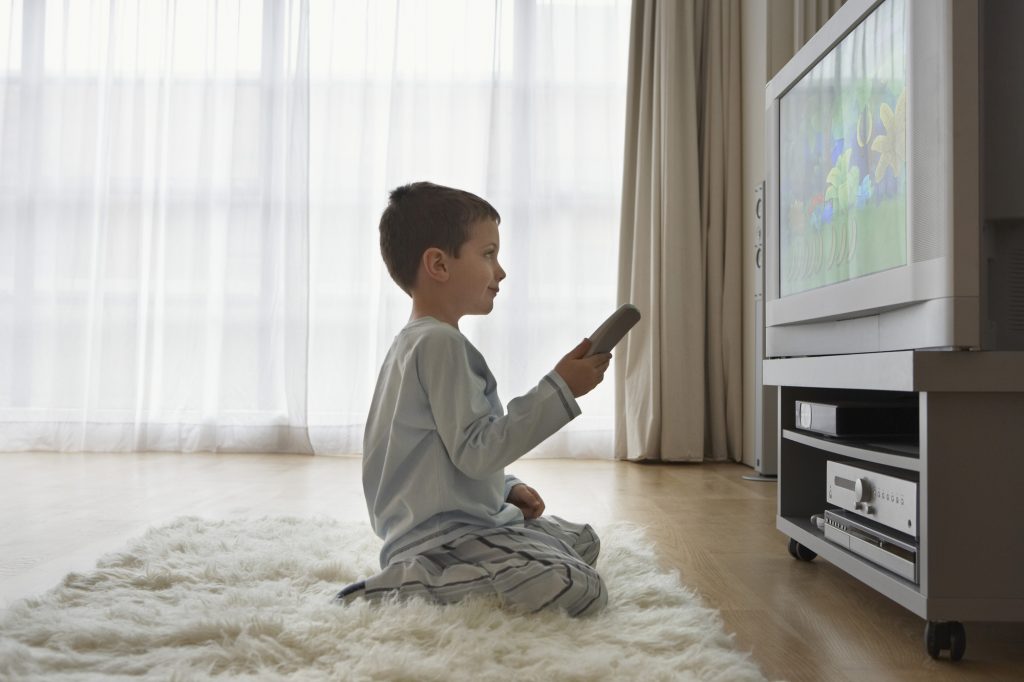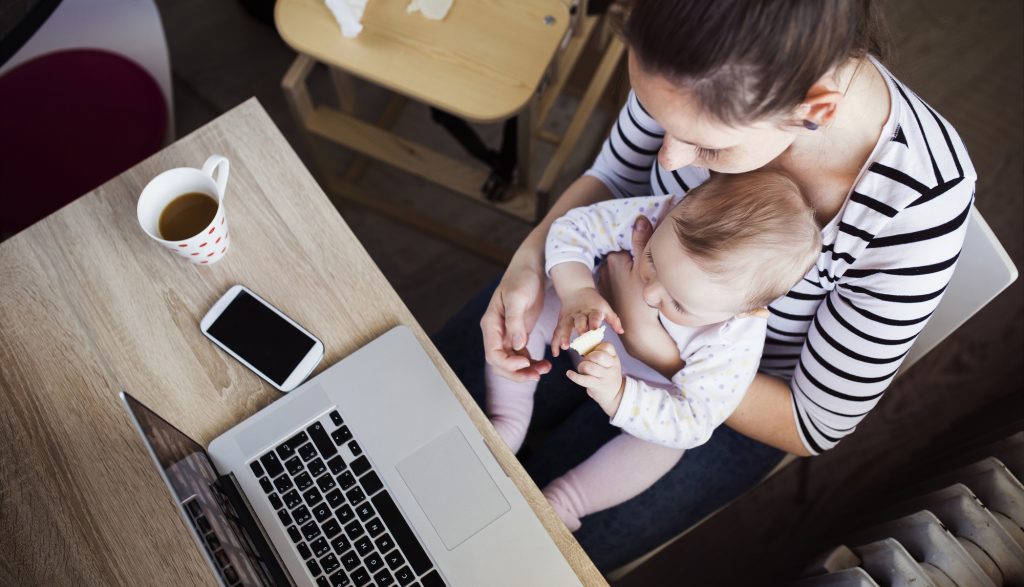Screens are a constant part of our daily lives, but how does that affect kids? Dozens of groundbreaking studies have backed up growing concerns that digital overload is even more problematic for children than adults. Dr. Dafna Ahdoot was invited to speak on an episode of The Doctors as a pediatric expert about screen time. In this video, she outlines some of the most heavy-hitting, scientifically-backed data that explains why screen time is bad for kids.
How does screen time affect brain development in children?

Let’s dive deeper. We’ll explore the effects of screen time for kids and implications for your baby’s developing brain. When you’re ready for a screen detox, consider these healthy strategies to set screen time limits with your children:
- Attention Problems
Effect: Is there a difference between reading a story to your child and watching it on a tablet? Yes! Immediate gratification and elicited touch responses lead to addictive dopamine hits of instant pleasure. Additionally, the spoon-fed screen delivery is a cognitive shortcut that children can scroll out of and pause the second that they get bored or distracted. Studies show increased inattentiveness and trouble focusing in school.
Solution: After the age of two, baby brain development is at a safe stage to introduce limited screen exposure. Make baby screen time more meaningful by prioritizing educational media. There is some data to suggest that school programs like ABC Mouse can have a net positive influence.
- Externalized Behavior
Effect: In many households, screen exposure is being used as a substitute for adult support. Data suggests that screen exposure is related to a rise in aggressiveness, defiance, anger, and stealing as early as age five.
Solution: Prioritize interactive technology, like educational games that you can play with your child. With social collaboration, you can guide your child through moderate, short-lived ‘positive stress experiences’ and practice healthy stress relief with self-soothing.
- Internalized Emotions
Effect: Rates of internalized anxiety and depression are statistically linked to screen time. This has also resulted in increased depression and higher rates of suicide among teenagers in the US.
Solution: The ability to empathize with others, process non-verbal cues, and decode social interactions starts in early childhood. Support your baby’s frontal lobe development with authentic human interactions.
- Developmental Delays
Effect: Language development peaks in the first year! If a baby’s first experiments with babbling, hand gestures, and facial expressions are met with a non-responsive screen, those unreliable returns become wired into brain circuitry. Expressive language delays are the most common symptom of screen time, especially when toddlers are slow to develop eye contact and hand movements.
Solution: Stunted development can have a life-long impact on children. Complete the ‘send and return’ cycle of learning by mimicking your baby’s communication and demonstrating authentic language patterns.
- Sleep Disorders
Effect: Extensive screen time can lead to poor sleeping habits, including a late bedtime and increased tiredness with less time in a deep sleep.
Solution: Make sure to use a timer and screen time tracking apps to limit exposure. We recommend a maximum of 30 minutes each day or up to an hour of screens balanced by three hours of physical play. It’s also important to support your child’s circadian rhythm by avoiding screens before bedtime.
- Insulin Resistance
Effect: A UK study tracked 4,500 kids and found that 3+ hours of daily screen time was linked to insulin resistance and weight gain, which increases the risk of Type 2 diabetes.
What is the recommended screen time for kids?
When it comes to screen time for kids, moderation is the key. Parents shouldn’t completely restrict their children from screen time, but there should be a limit of screen time for children. Technology has its pros and cons especially in a generation that thrives off of it. When it comes to the exposure of screen time for infants, they are easily exposed to content that may absorb in their brain resulting in a negative outcome. Screen time for infants is especially important to be watched over as they absorb media like sponges.

Knowing the effects of screen time on children will help toddler brain development. Screen time and brain development go hand in hand and play a huge role in proper brain development. In order to ensure proper kids’ brain development, you should turn off electronics during specific days and or times. All parents should consider something called a “digital detox” to ensure proper brain development in children. Creating time outside of screen time is vital for the health of your baby.
Here are the facts according to the AAP’s guidelines:
- Avoid the use of screen time for infants younger than 18 months. If you choose to have screen time for infants, be sure to provide high-quality screen time.
- Children between the ages of 2 to 5 years should limit their screen time for toddlers to 1 hour per day.
- Kids older than 5 years old should be enforced with screen time limits and schedules that are provided by the parents.
How to monitor your kids and screen time
Now that we have gone over the effects of screen time on children, you should be more aware of kids’ brain development due to excessive screen time. In addition to spending a healthy amount of screen time for kids, you should get your children involved in outside lifestyle activities. Setting proper screen time limits for your children is important in creating a healthy schedule for them. Kids’ brain development can be interrupted by excessive screen time.

Screen time for babies should be avoided as much as possible, starting screen time for infants should be limited if they are 18 months and younger. So if you’re wondering, “Is screen time bad for kids” this is not a black and white answer. Everything should be done within moderation. The World Health Organization recommends at least three hours of physical activity every day, so it’s important to prioritize outdoor activities. Also, supplement healthy eating and exercise with a BabyVites brain health vitamin and multivitamin.